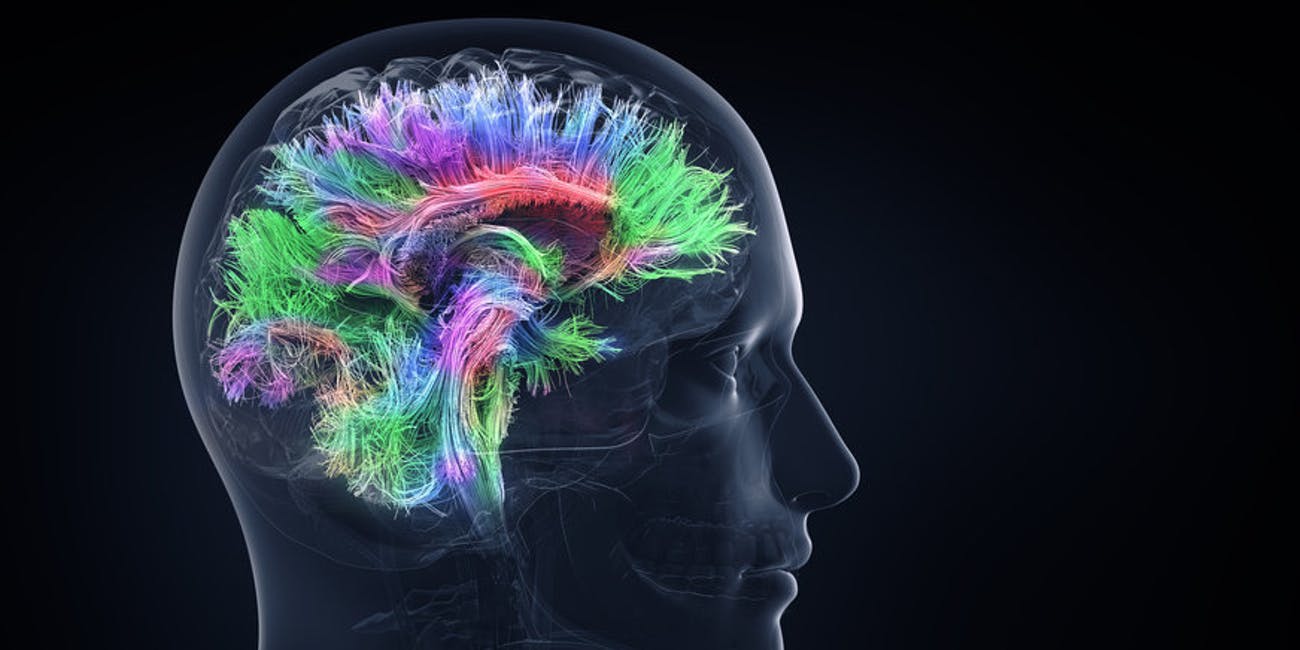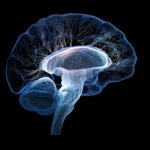As a first-of-its-kind study, a team of researchers at Lancaster University found how brain communication could be impaired as a result of a genetic alteration linked to autism and Tourette syndrome. The results also determined ketamine could be beneficial in reducing some symptoms associated with both conditions.
As published in the peer-reviewed journal Cerebral Cortex, researchers focused on chromosome 2p16.3 deletions, associated with heterozygous Neurexin 1 deletion, and how it raises the risk of conditions like autism and Tourette’s syndrome.
The team also took a comprehensive look at whether ketamine, a commonly used anaesthetic in high doses, may be beneficial for treating those psychiatric disorders.
In the study, brain imaging scans were taken of rodents and examined demonstrating how the deletion of the gene affected by 2p16.3 deletion is correlated with brain regions observed in autism and Tourette’s syndrome.
In particular, the brain area known as the thalamus is inhibited from adequate communication in the rodents. Additionally, researchers uncovered other changes in brain regions affecting learning and memory, in addition to the processing of sensory information.
The findings also suggested that ketamine may be beneficial for the damaging effects caused by genetic deletion, improving some of the symptoms associated with autism and Tourette’s syndrome.
“Intriguingly our data suggest that ketamine can restore some aspects of the brain dysfunction that results from 2p16.3 deletion and suggests that ketamine, or other related drugs, may be useful in treating some of the symptoms seen in Autism and Tourette’s,” said Neil Dawson, the study’s lead researcher.
“The brain circuits affected suggest that these drugs may be particularly useful for the cognitive and motor problems experienced by people with these disorders.”
“While this data gives us important new information on the brain circuits affected by 2p16.3 deletion and of the potential usefulness of ketamine to help people with Autism and Tourette’s much more research needs to be conducted to prove its clinical potential,” Dawson concluded.


